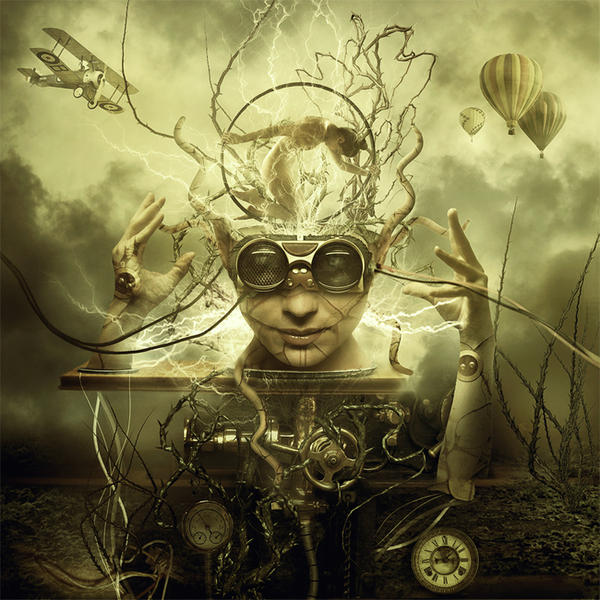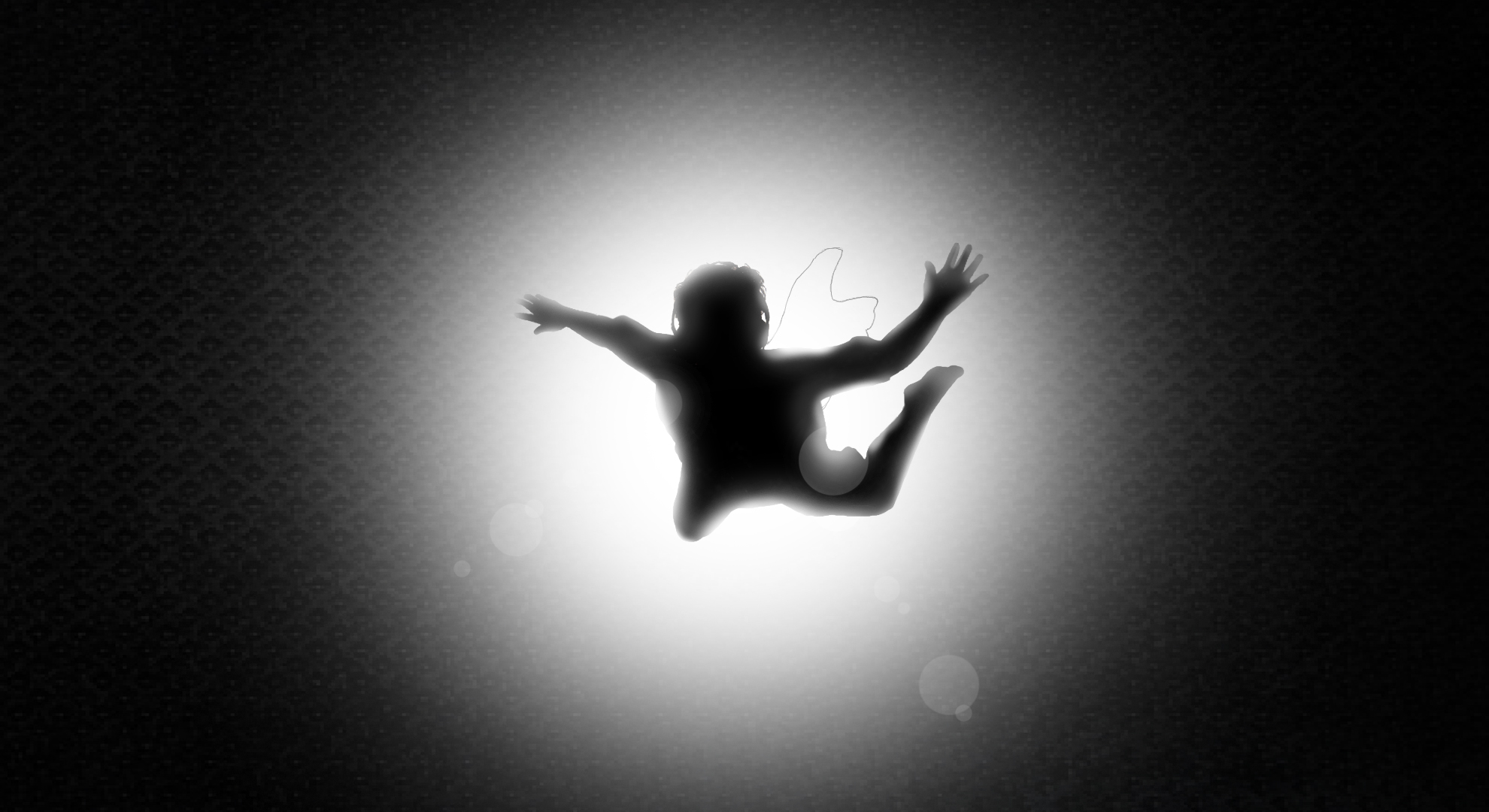It was a huge event in Charleston a few weeks back, the biggest names in Young Adult fiction. I mean, the biggest--James Dashner, Veronica Roth, Gayle Forman, etc. And I was there, baby. I was there.
As a volunteer.
 |
| Waiting for Dashner. |
My wife asked if that's the experience I wanted as an author. I answered NO. But YES. Then NO. I answered NO-YES. Which is no answer at all.
I recently heard Bill Murray say that fame isn't as much fun as you think. The money, well, the money is nice, but you don't need fame to have money.
I don't feel like I need 300 people waiting for my sloppy signature. That's the NO part. The YES part is the connection the authors were making with readers. Connecting with a reader is, without a doubt, one of the most gratifying elements of writing. When they have the same experience reading my stuff as I did writing it, that's the final door.
The YAllfest authors felt this, too. I know Michelle Hodkin did.
She was so personable that I had to point out, very diplomatically, she had a lot of fans waiting. "A lot," I said. "As in A LOT." She said, very sweetly, "I'll stay as long as I have to." We had to explain, very diplomatically, that's not the issue. If she continued taking 3 to 5 minutes with each fan, she would be there until midnight.
But the fans wouldn't.
 |
| Amadine |
But it doesn't shine without readers.
You can only dance in the mirror for so long before it becomes an absurd routine. The audience, at some point, needs to be part of the dance. The challenge is to get the story out of my head, to get it on paper for others to experience. That's the wall to climb, the maze to navigate. Readers aren't just a part of the process.
They're essential.
I don't need a line of 300. An email every now and then will do. Its all about the connection. Or maybe I'm drinking my own Kool-Aid, and I just want to hear how awesome I am.
That's quite possible.
Drayton, the Taker FREE






















